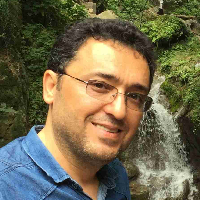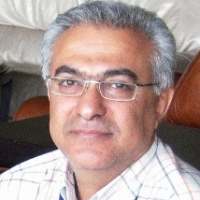Prioritizing Indicators of Sustainable Urban Development Using the Delphi Method (Case Study: Mashhad City)
In the context of urban development, cities; in addition to other components, comprise one of the main focuses for solving global challenges of sustainable development. Despite the obvious clarity of the ecological and environmental problems and their consequences, there is no common ground for a sustainable city pattern or paradigm, and many ambiguities in this regard add to the complexity of the situation. Based on the results of various studies, researchers have argued that the form of cities and the pattern of land use are the main determinants of urban sustainability. To achieve a sustainable city, several conceptual models have been proposed, each with different and sometimes contradictory goals. In this study, by reviewing various references, 59 goals were determined for urban sustainability. Using Delphi method in three stages of receiving information from 12 specialists and experts and calculating the functions, the degree of importance and the percentage of importance of these goals were prioritized. Results showed that of the 59 goals, in the environmental sustainability group, traffic reduction, water quality protection and air quality improvement ranked first to third, with a percentage of importance of 36.3, 35.3 and 34.6, respectively, for sustainable urban development. On the other hand, the goal of ensuring the existence of adequate and sufficient development capacity in the stock market in the economic group with 18/6% importance was not met and eliminated. However, in terms of economic goals, equality in wealth and services distribution were pinpointed as the important criteria.
-
Utilization of Fourier Transform and Landscape Metrics for Landscape Health Assessment
Niloufar Islamzadeh *, Alireza Mikaieli Tabrizi, Abdolrassoul Salmanmahiny, Rasul Ghorbani
Environmental Researches, -
Investigation of the distribution of plant species for systematic mapping of urban habitats with an ecological approach (Case study: Districts 9 and 11 of Mashhad City)
Raziyeh Donyavi, Alireza Mikaeili Tabrizi *, Abdolrasoul Salmanmahini, Azadeh Karimi
Journal of Environmental Studies, -
Flood risk analysis using random forest machine learning method (Case study: Mashhad city)
, Abdulrassoul Salman Mahiny *, Alireza Mikaeili Tabrizi, Thomas Houet
Iranian Journal of Eco Hydrology, -
Determining the Land surface temperature using two Split window and Mono window algorithms-Case study: Mashhad
, Abdolrassoul Salmanmahiny *, Alireza Mikaeili Tabrizi, Thomas Houet
Journal of of Geographical Data (SEPEHR),




